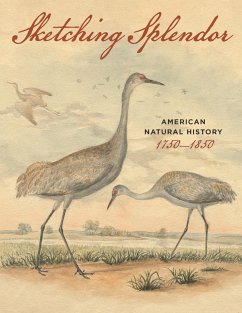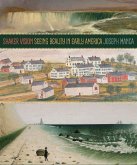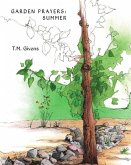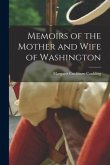Sketching Splendor examines the work of three American naturalists, William Bartram, Titian Ramsay Peale, and John James Audubon whose work exemplifies innovation and injustice in equal measure. The exhibition draws on the American Philosophical Society's rich holdings as well as select loans, with many objects exhibited together for the first time. The careers of Bartram, Peale, and Audubon spanned the exciting period from 1750 to 1850, helping to shape the nation's emerging intellectual identity, cataloging species unknown to Euro-Americans, engaging with the nascent concepts of ecology and evolution, as well as developing new techniques to visually and verbally represent the complexity of the natural world. Yet natural history was not an innocent intellectual pursuit, and these three naturalists also supported expansionist agendas dispossessing Native Nations and relied on enslaved labor. Moreover, while the names of Bartram, Peale, and Audubon are commemorated in the historical record, there were many unacknowledged or underacknowledged Native Americans, people of African descent, and women, whose knowledge, labor, and skills made their work possible. These are the two realities that this exhibition engages, teasing out the many ways in which Bartram, Peale, and Audubon relied on and promoted the forces of colonization and plantation slavery, even as it acknowledges points of ambivalence. Their work speaks to the conflicted nature of our nation's early history and the place of natural historians in that complex landscape.
Hinweis: Dieser Artikel kann nur an eine deutsche Lieferadresse ausgeliefert werden.
Hinweis: Dieser Artikel kann nur an eine deutsche Lieferadresse ausgeliefert werden.





